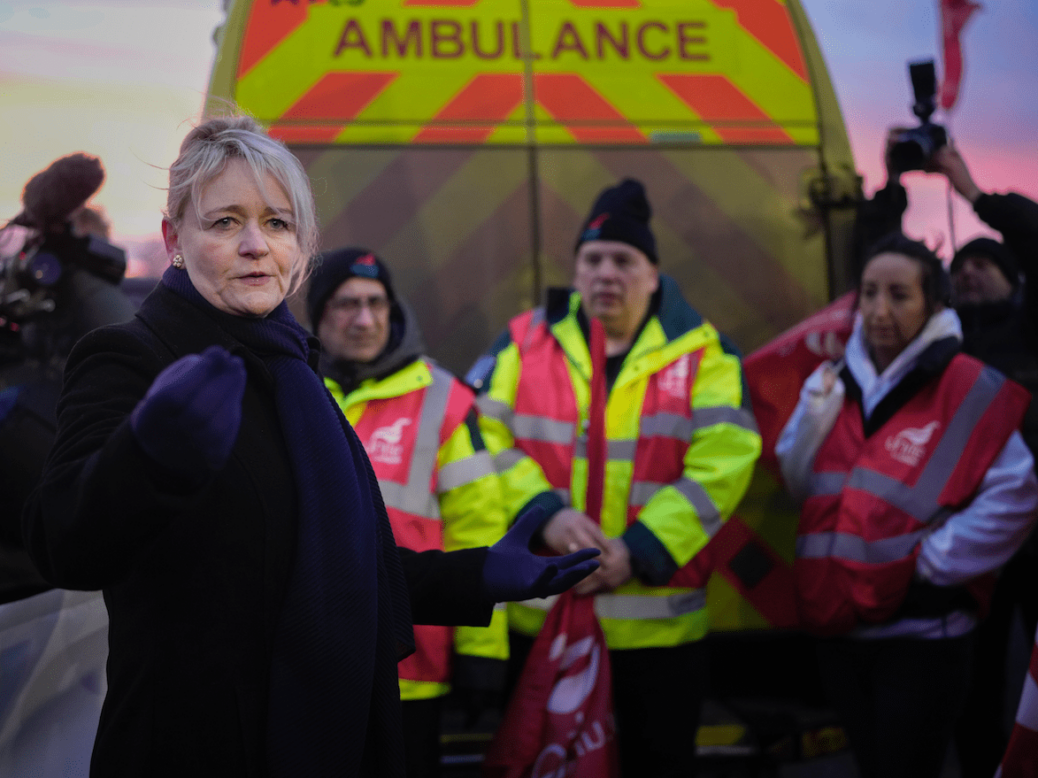
Today’s energy price cap announcement by Ofgem should be no cause for celebration. It should be an opportunity to examine the nonsense of our predicament.
Whenever there is a disaster, we are never short of politicians with readymade answers, particularly when it comes to an economic emergency. The cost-of-living crisis is just another chapter in a much bigger saga that has lasted for well over a decade and has put enormous pressure on the incomes of working people. While policymakers offer up abstract terms like growth, productivity and fiscal responsibility, the public rolls their eyes.
There is now a growing feeling among working people that something big is amiss. Whether that be our crumbling infrastructure, a distressed NHS or the value of wages, which has been stagnant for years. The patient knows that we need another cure. They know that while they struggle, the talk now is of numbers of billionaires not mere millionaires. They want to know whose side the politicians are on, and they want real answers – not slogans found down the back of a nineties sofa.
One of the symptoms of our malaise is the British energy market, the thing that Ofgem is supposed to regulate. Today’s cut in the price cap will still leave working people paying 50 per cent more from October than they did in October 2021. Not exactly a victory, particularly after the big energy firms took out around £45bn in profits in 2022, according to Unite’s estimates. We shouldn’t let anybody tell us that this was all somehow inevitable, or that profiteering does not exist and price rises are fine, so workers just need to pay up.
While we were forcing vulnerable people to choose between heating and eating, while we let the private energy monopolies shower shareholders in dividends, the French state, using its ownership of parts of the industry to lever control, managed to cap prices throughout 2022 – permitting a maximum increase in prices of just 4 per cent. We are not from a different planet to the French; we are just making different choices. These choices too often substitute short-term triangulation for real solutions, and political tactics in place of real economic strategy.
Our report into publicly owned energy, published earlier this year, calculated that if our domestic energy sector had been under public control, we could have used the cash expected to be counted as profits to save every household £1,800 a year. This alone could have cut inflation by over 4 percentage points and provided real relief from rising prices for workers. So why do most British politicians refuse to even discuss the question of nationalisation? That is, of course, unless it is another state owning our public infrastructure – like the German state-owned Deutsche Bahn operating bus routes across England, or the state-owned French energy giant EDF running power stations and selling energy to British customers.
[See also: Who in Labour gets climate and nature?]
The prevailing economic mantra developed decades ago has kept cautious and unimaginative politicians in a headlock. As Britain crumbles, far too many simply repeat slogans from a bygone era. Economic debate has been abandoned, and with it, any semblance of real ambition for our nations.
In place of hope, we are being sold little but managed decline. Fervent tinkering, but no real change. Neither bold enough to pull the levers, nor smart enough to seize an opportunity, the parties remain stuck behind an ideology of their own choosing.
But this is a space that we plan to help fill. No more toeing the party line or fighting the good faction fight. We will come up with the policies and platform ourselves. The immediate challenges we face, from decarbonisation to automation, are just too big to leave to the timid. It will be too late for working people, so we will be pouring in resources and building support for real change in our workplaces and communities, and offering a different approach.
Our approach will be one where organisation creates power – the type of power that can embolden our political class to make different choices, and that forces them to finally tell us whose side they are on.
[See also: Can nationalisation by stealth save Britain’s railways?]





